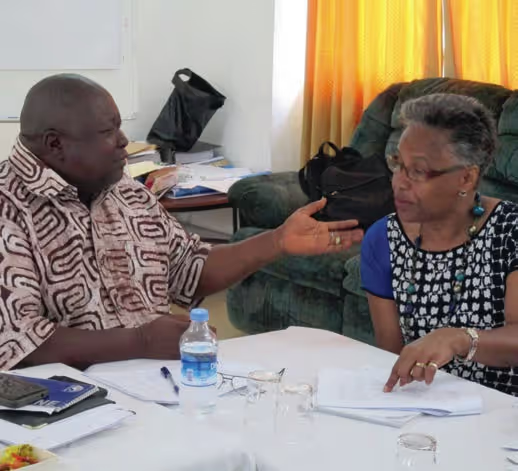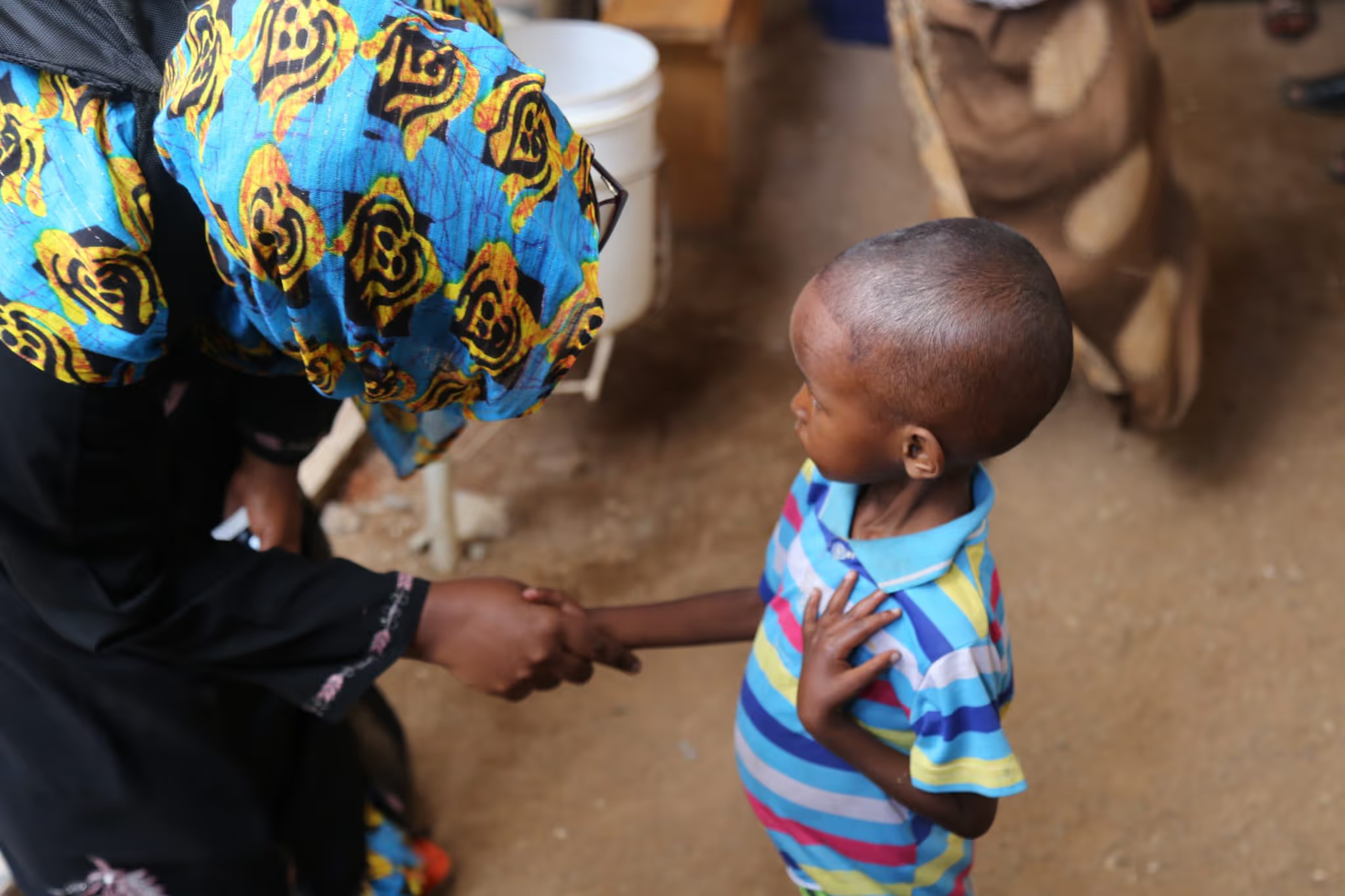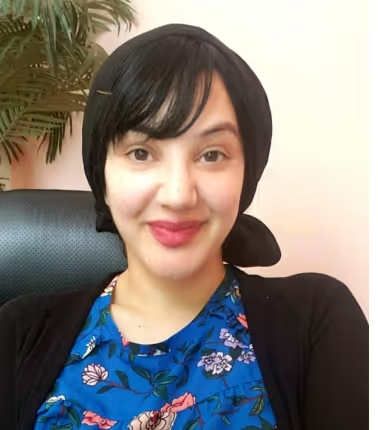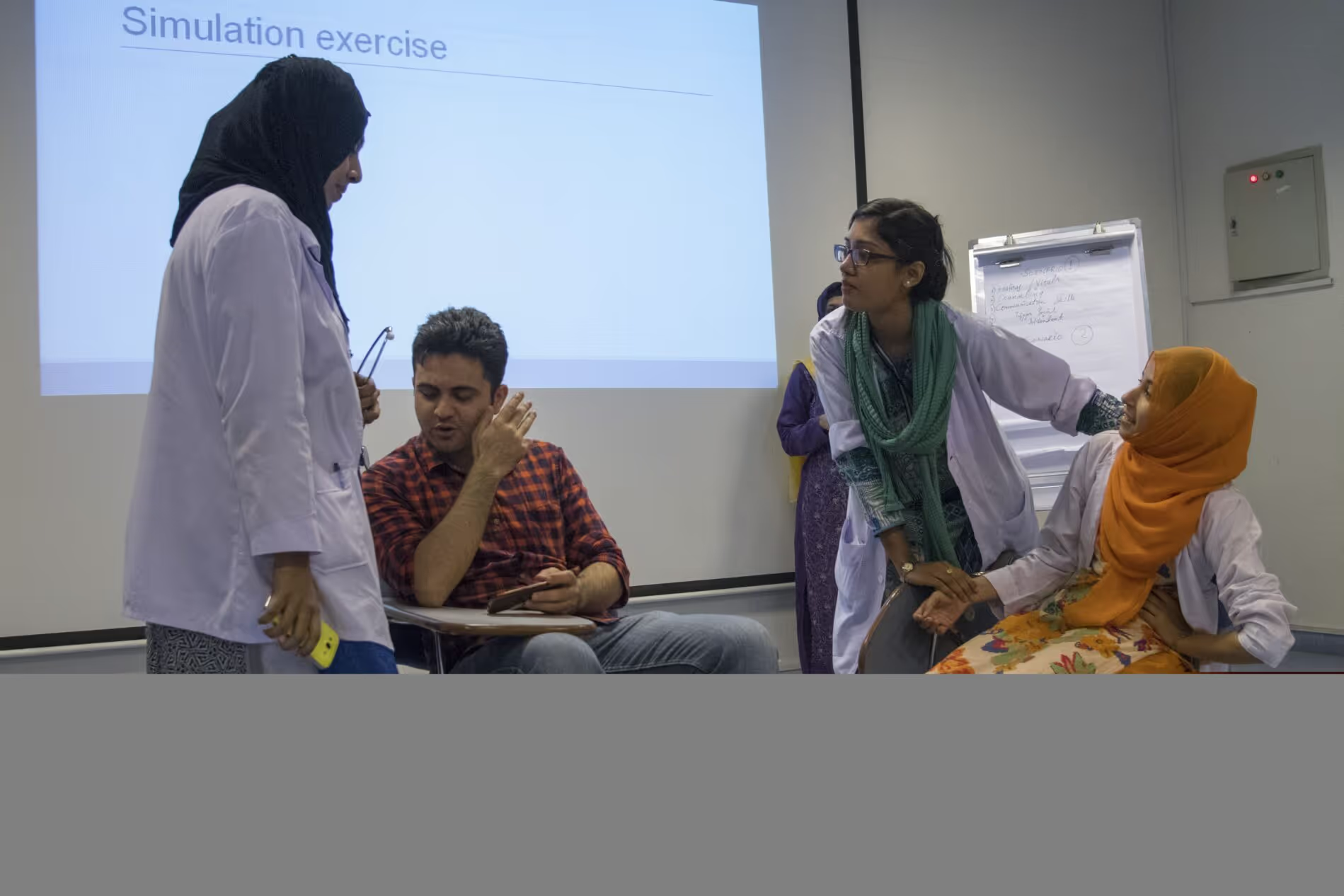Development of a social marketing strategy to promote Ebola treatment-seeking behaviour in Sierra Leone

Project overview
This study took an applied anthropological approach, first examining community perceptions of current Ebola messages and the broader Ebola response, and then developing Ebola treatment-seeking messages that respond to people’s concerns. These messages were then validated in a further, short round of field work, and refined and disseminated to key in-country stakeholders for use.
Project solution
This project offers [specific solution or intervention] to tackle [challenge]. By implementing [strategies, tools, or innovations], the project aims to achieve [desired outcomes]. The approach is designed to [specific actions or methods] to bring about meaningful change in [community, region, or issue area].
Expected outcomes
This project aims to achieve [specific outcomes], such as [measurable results, improvements, or changes]. The expected impact includes [benefits to the target community, advancements in research or innovation, or long-term effects]. By the end of the project, we anticipate [specific changes or milestones] that will contribute to [broader goals or objectives].
Principal Investigator: John Kinsman, Umeå University, Sweden
Purpose
This study took an applied anthropological approach, first examining community perceptions of current Ebola messages and the broader Ebola response, and then developing Ebola treatment-seeking messages that respond to people’s concerns. These messages were then validated in a further, short round of field work, and refined and disseminated to key in-country stakeholders for use.
Outcomes
The project has developed a set of gender-sensitive and urban-rural-specific Ebola messages, with accompanying messengers and channels. These have been field-tested and amended accordingly, and then disseminated. A database of visual Ebola messages used in the country has also been built.
Key Findings
- The study found that the majority of the messages are in English, which is particularly striking in a country with very high illiteracy rates (UNICEF estimates the total adult literacy rate to be 43%). The predominance of English also serves as a reminder that much of the Ebola response has been driven by non-Sierra Leoneans. The research identified a range of areas of real concern that people have about the Ebola response. The study identified strong feelings towards ambulance drivers and burial teams, both of which were perceived, especially early in the epidemic, as being insensitive towards patients and corpses respectively.
- The study noted that people disliked the chlorine that has been such an integral part of the Ebola response, and there were many informants who believed that chlorine has been deliberately used to kill people. These apparently widely held feelings have acted as strong barriers to Ebola treatment-seeking behaviour.
- The research also found that the messengers and the channels needed to be carefully considered according to the target population. For example, chiefs and town criers were seen as being far more relevant channels for rural populations than for urban populations; while social media were seen as attractive for urban youth.
Key Outputs:
- 1 peer review article published and a database of visual Ebola messages (see below ‘Publications’ section for details)
- A presentation was made to the National Ebola Response Centre (NERC) Daily Briefing directly after the strategy development workshop in March 2015, including a draft set of messages and associated channels and messengers, along with associated operational issues. These were well received, and the team was asked to immediately draw up messages that could be used in the country during the 3-day lockdown the following weekend.
- After field-testing and refining of the messages, a final draft of our messaging document was presented to the Ministry of Health and Sanitation, representatives from NERC and the Social Mobilisation Pillar, UN agencies, and a number of NGOs.
Project delivery & updates
Stay up to date with the latest developments from this project. Here, you will find details on what has been delivered, resources created, and regular updates as the project progresses. Access key documents, reports, and other materials to see how the project is making an impact.







